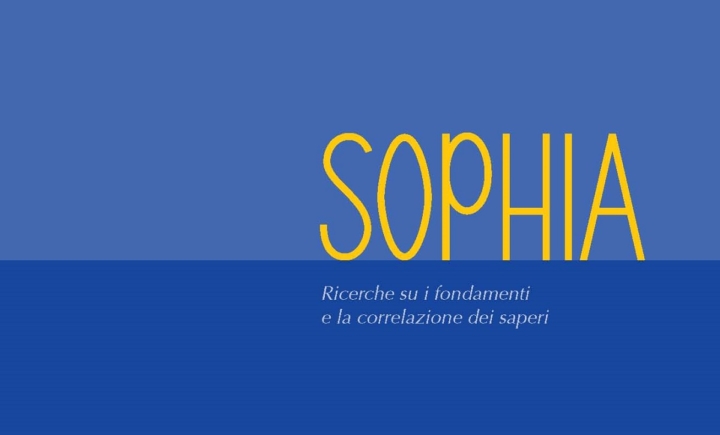La comunità e il nemico. Teodicea e teologia politica in Hegel

Per visualizzare l’articolo scaricare pdf del fascicolo 2020/1
Hegel presenta la sua filosofia della storia come una riformulazione della “teodicea” di Leibniz, una giustificazione del male nella storia dal punto di vista della Ragione. Questa legittimazione del negativo rende la Provvidenza hegeliana radicalmente diversa da quella cristiana. Se il bene presuppone il male allora anche il formarsi della comunità etica presuppone la dialettica del negativo. Lo Stato sorge nel superamento del nemico interno, l'atomismo individualistico della sfera economica, e di quello esterno, l'insieme degli altri Stati. La guerra con l'avversario esterno è lo strumento attraverso cui ricostituire l'eticità interna. In tal modo la teodicea hegeliana si nutre della dialettica amico-nemico che, per Carl Schmitt, costituisce la forma della teologia politica
